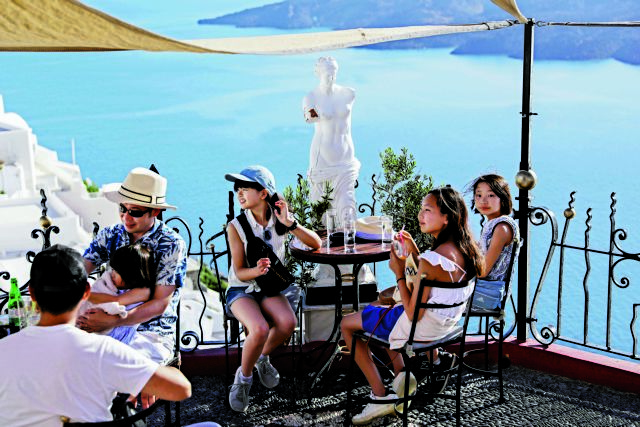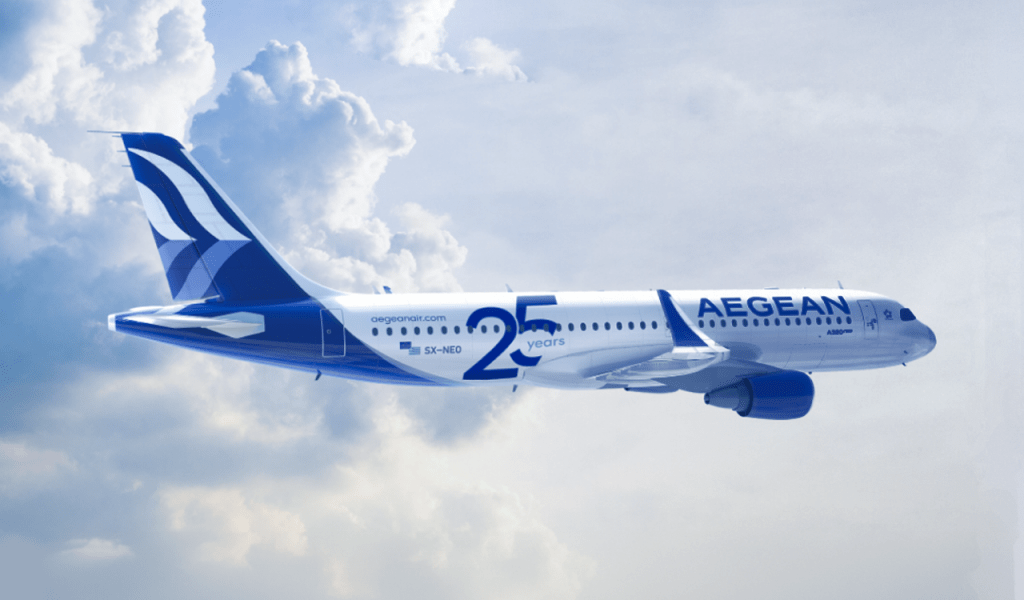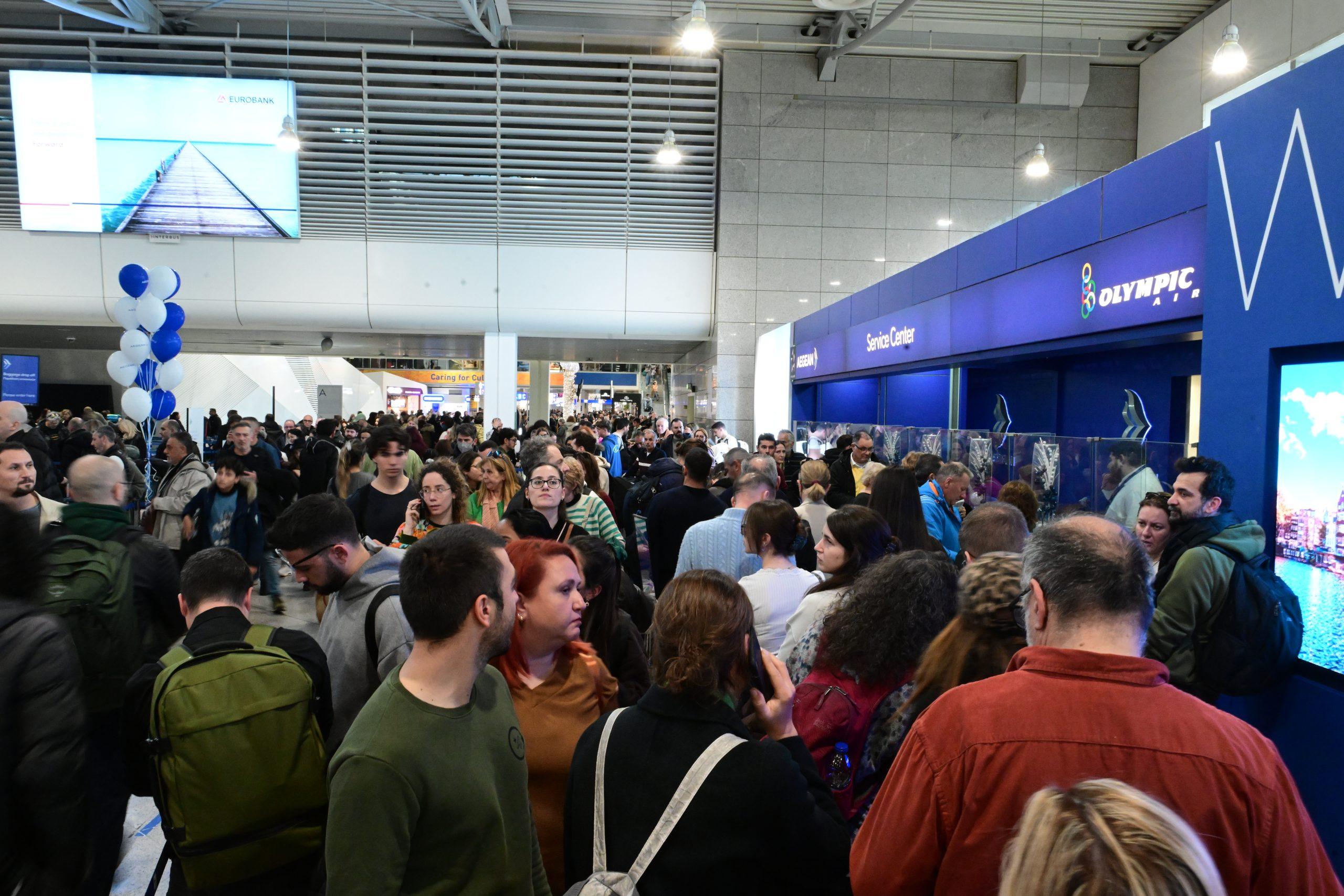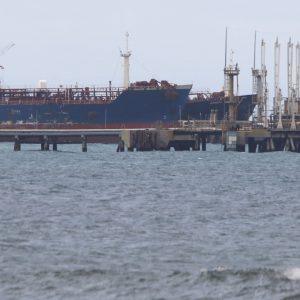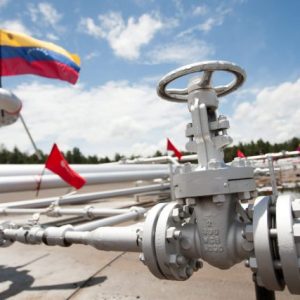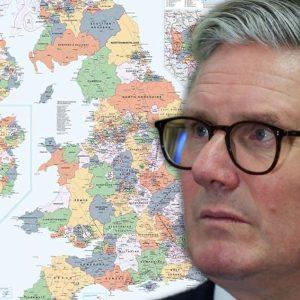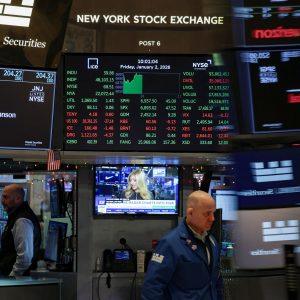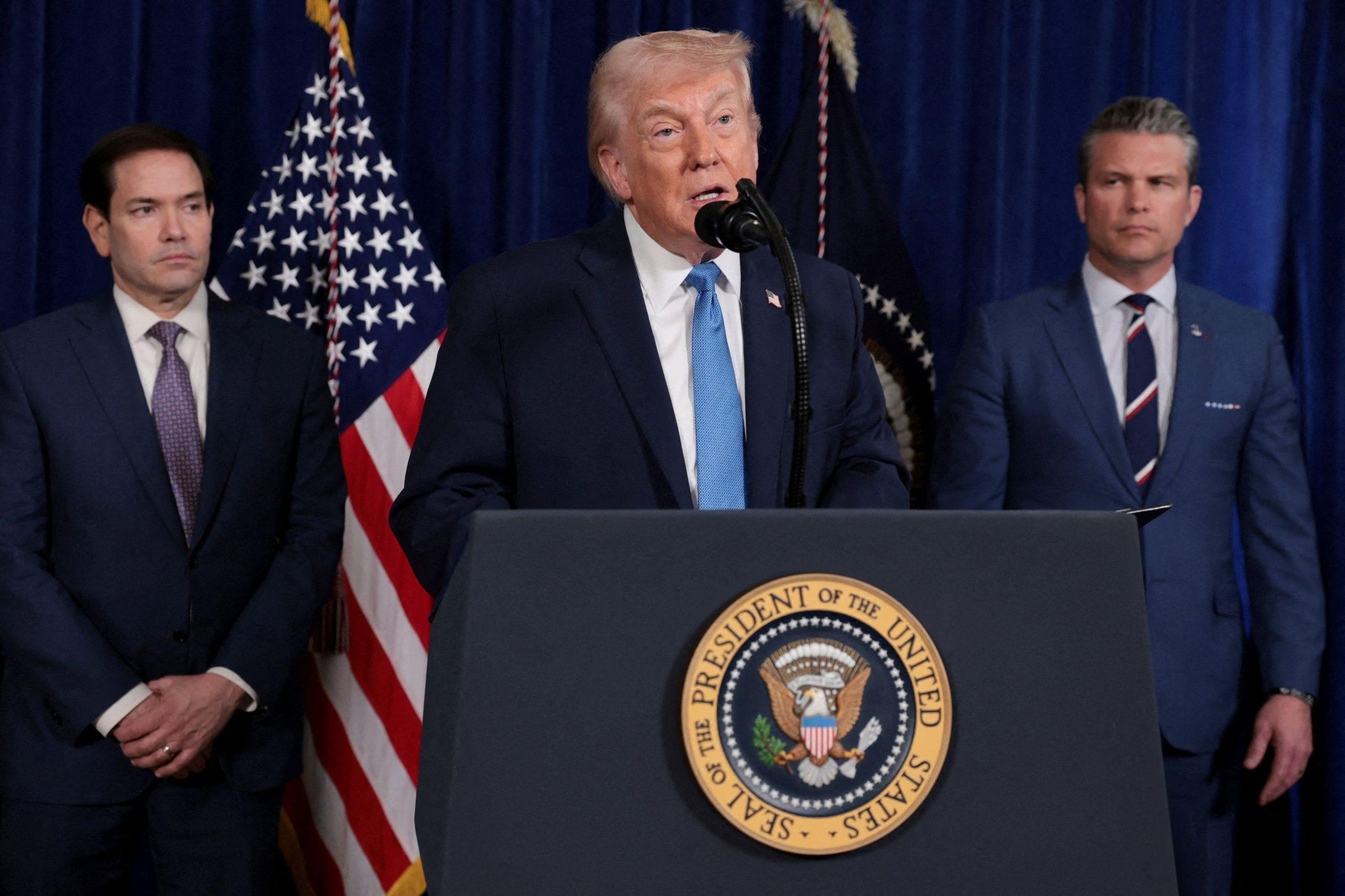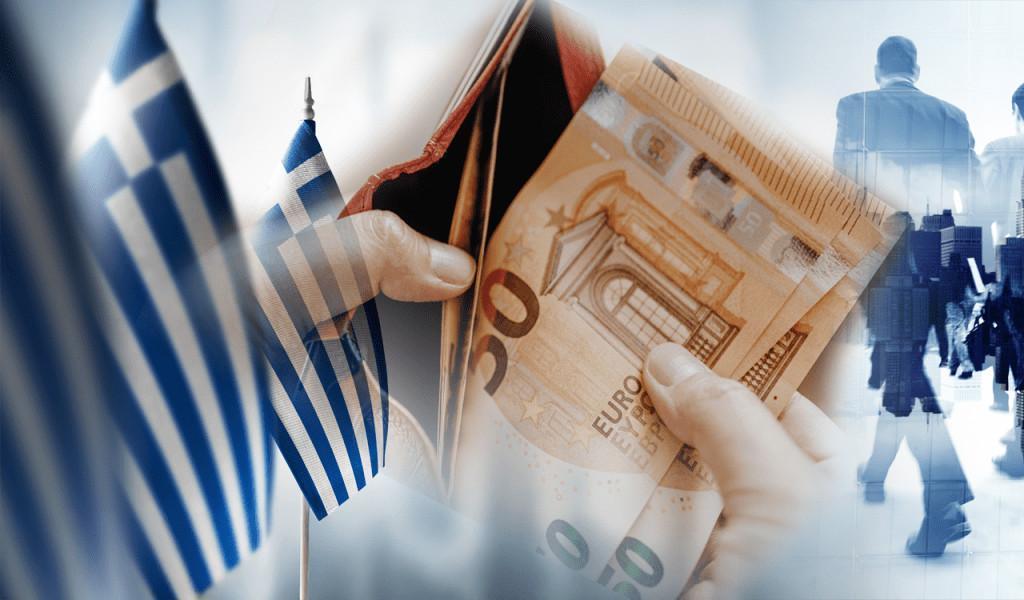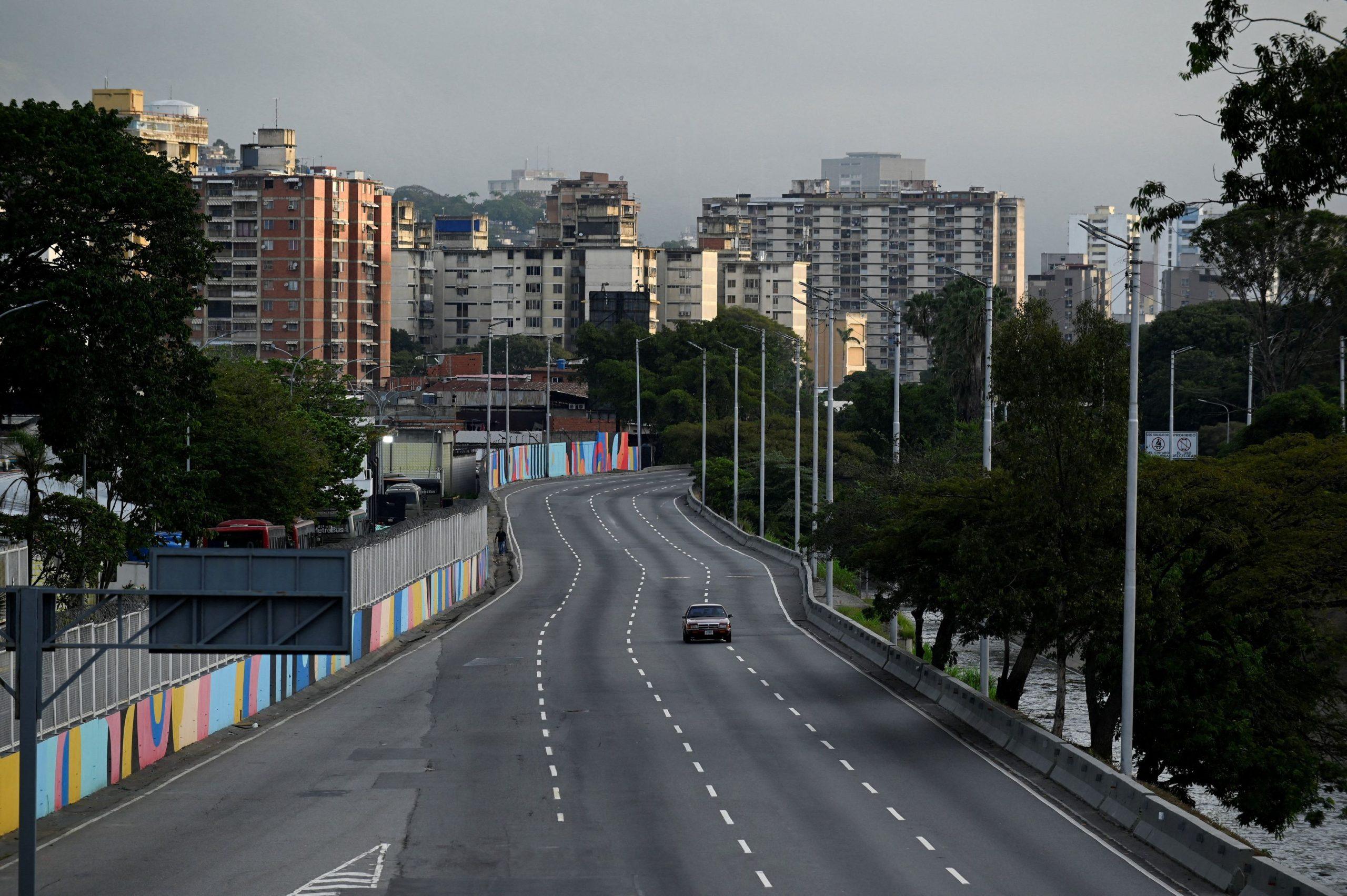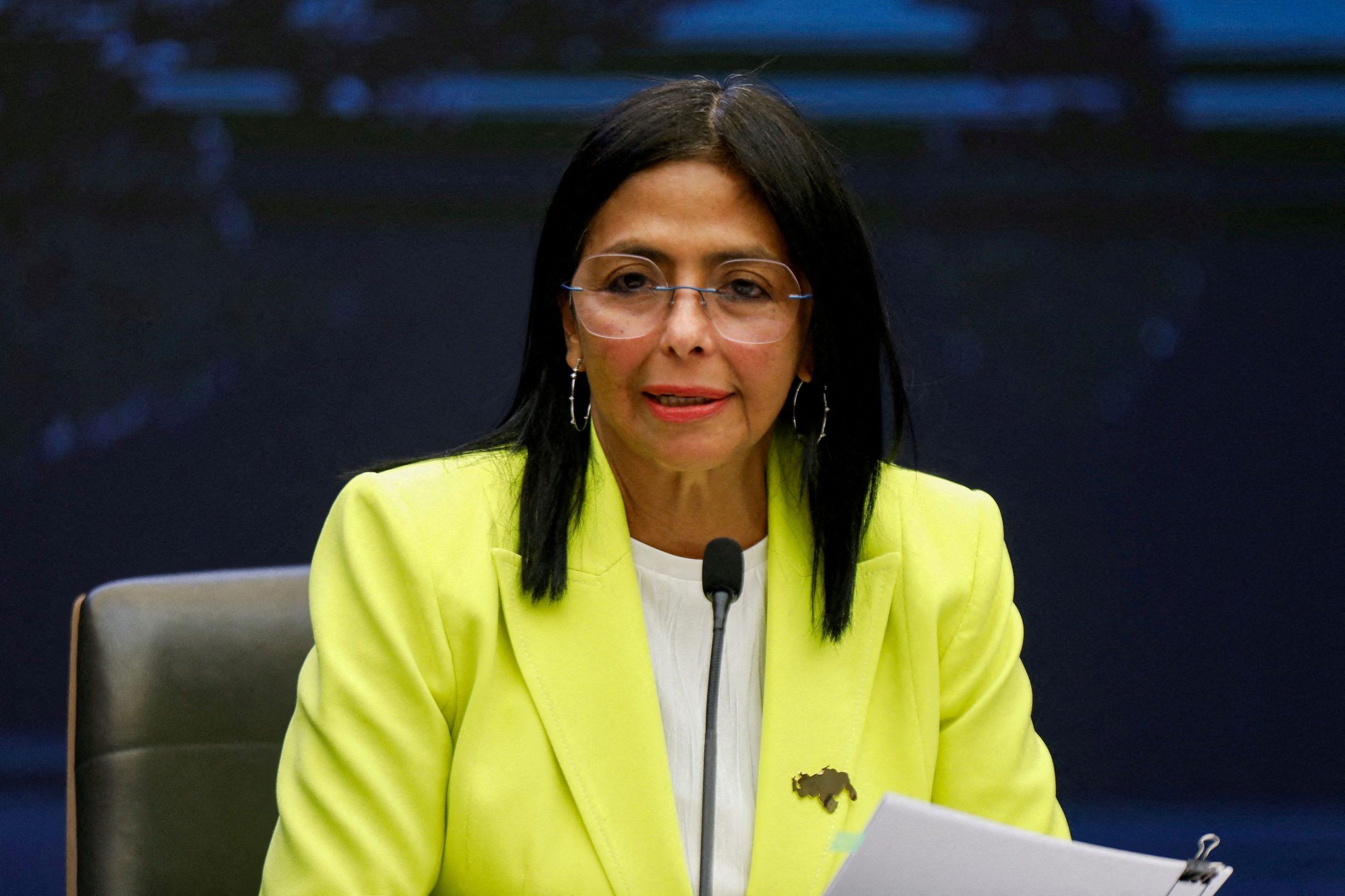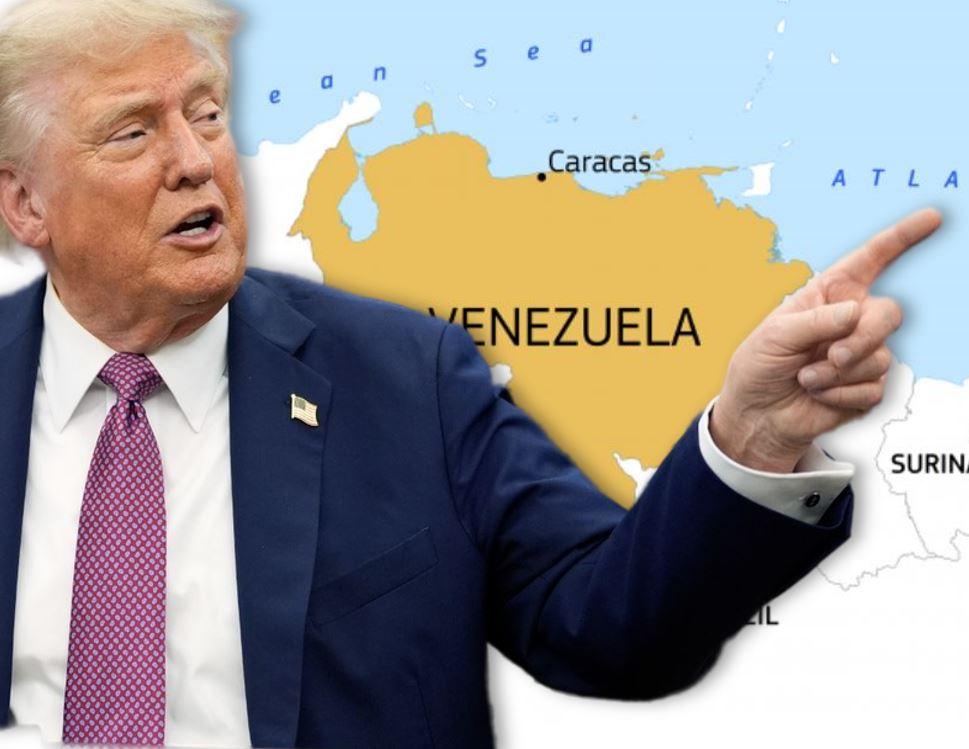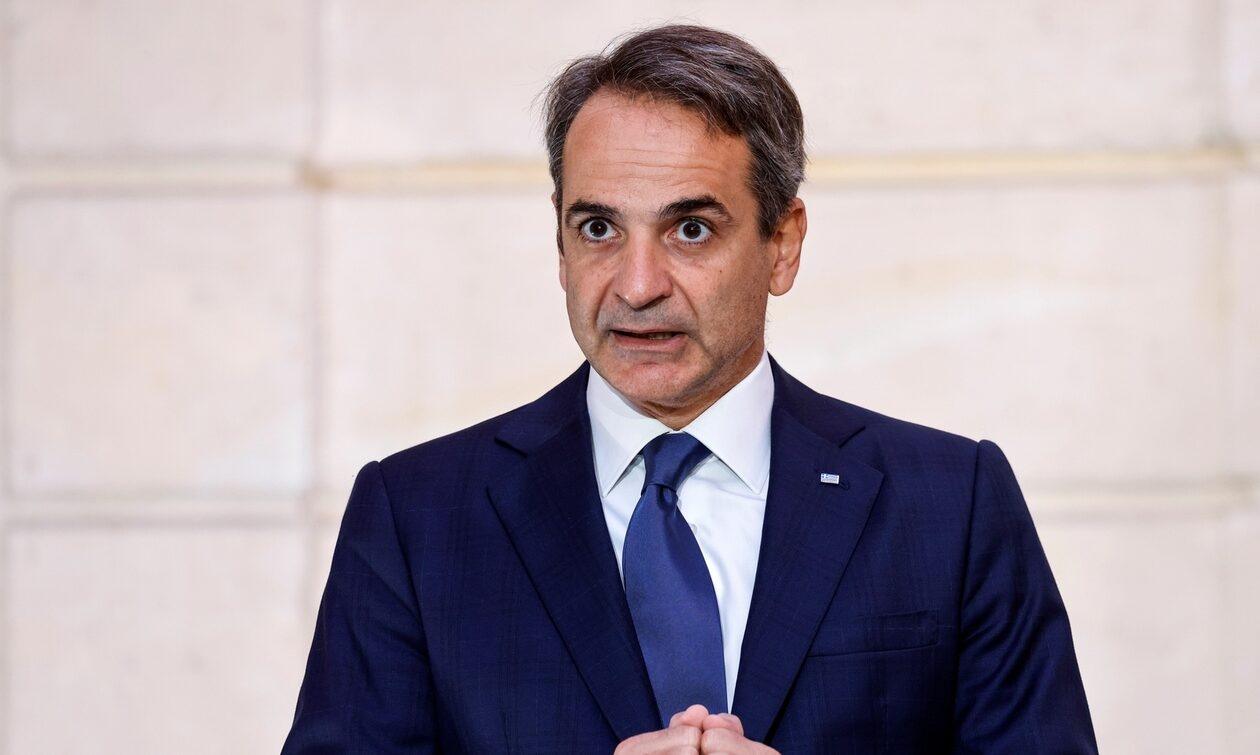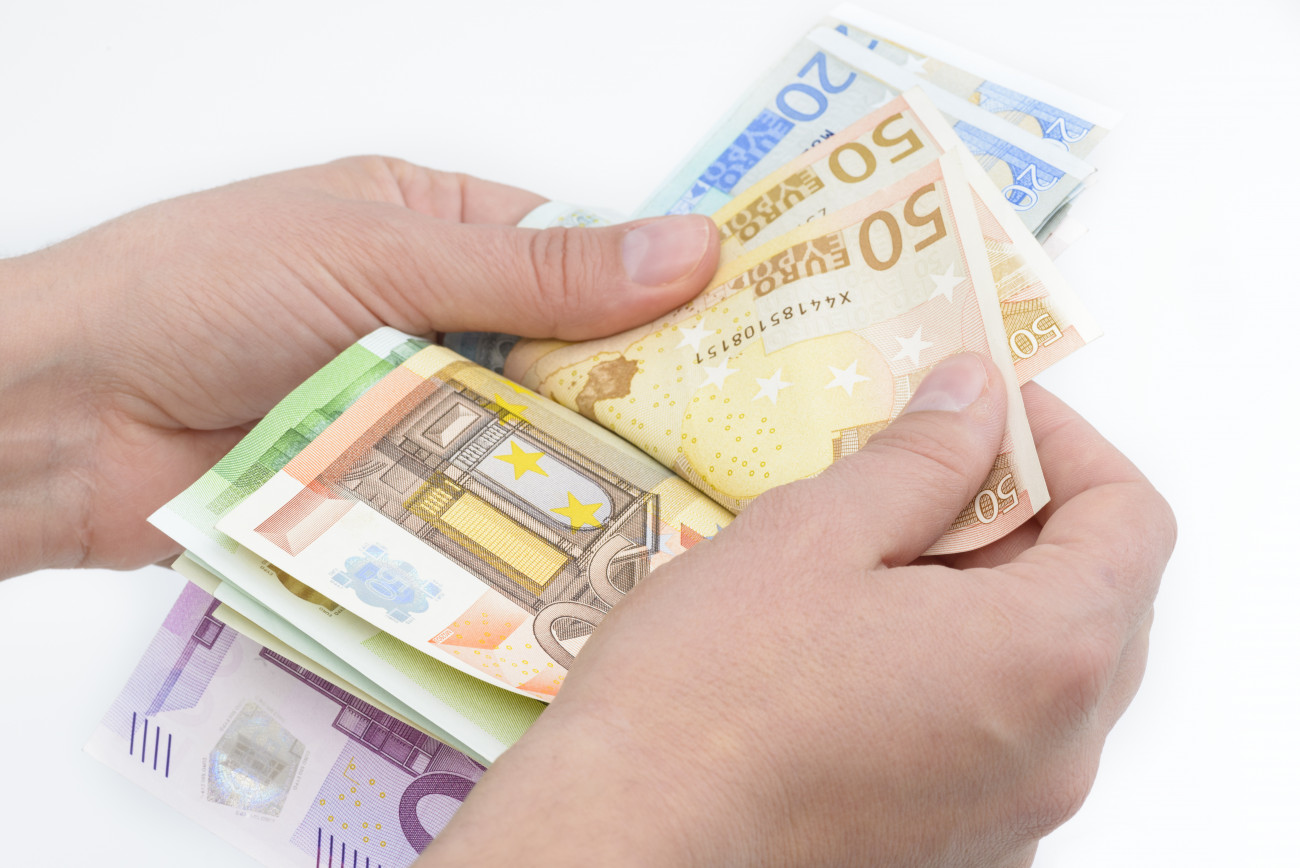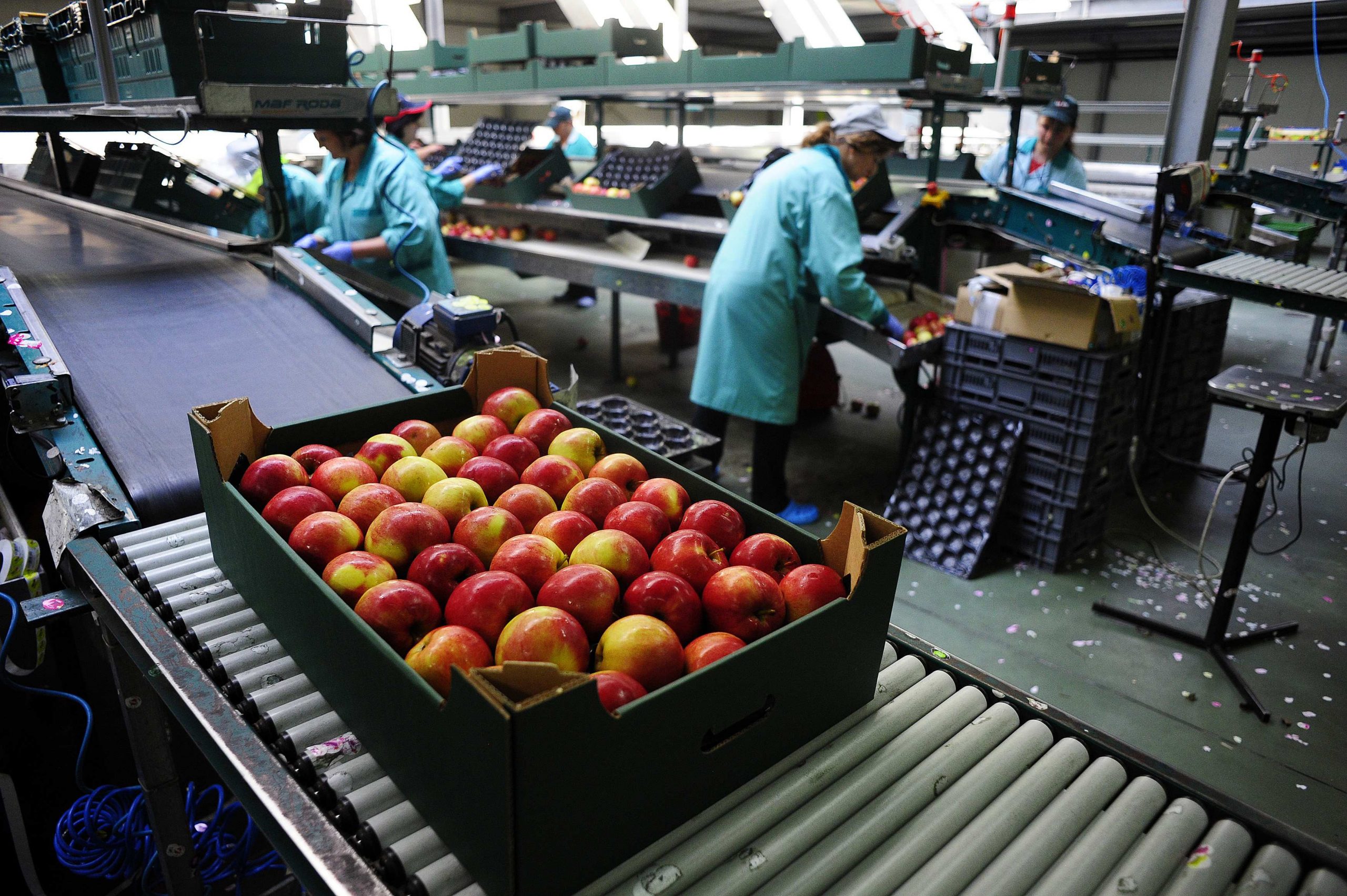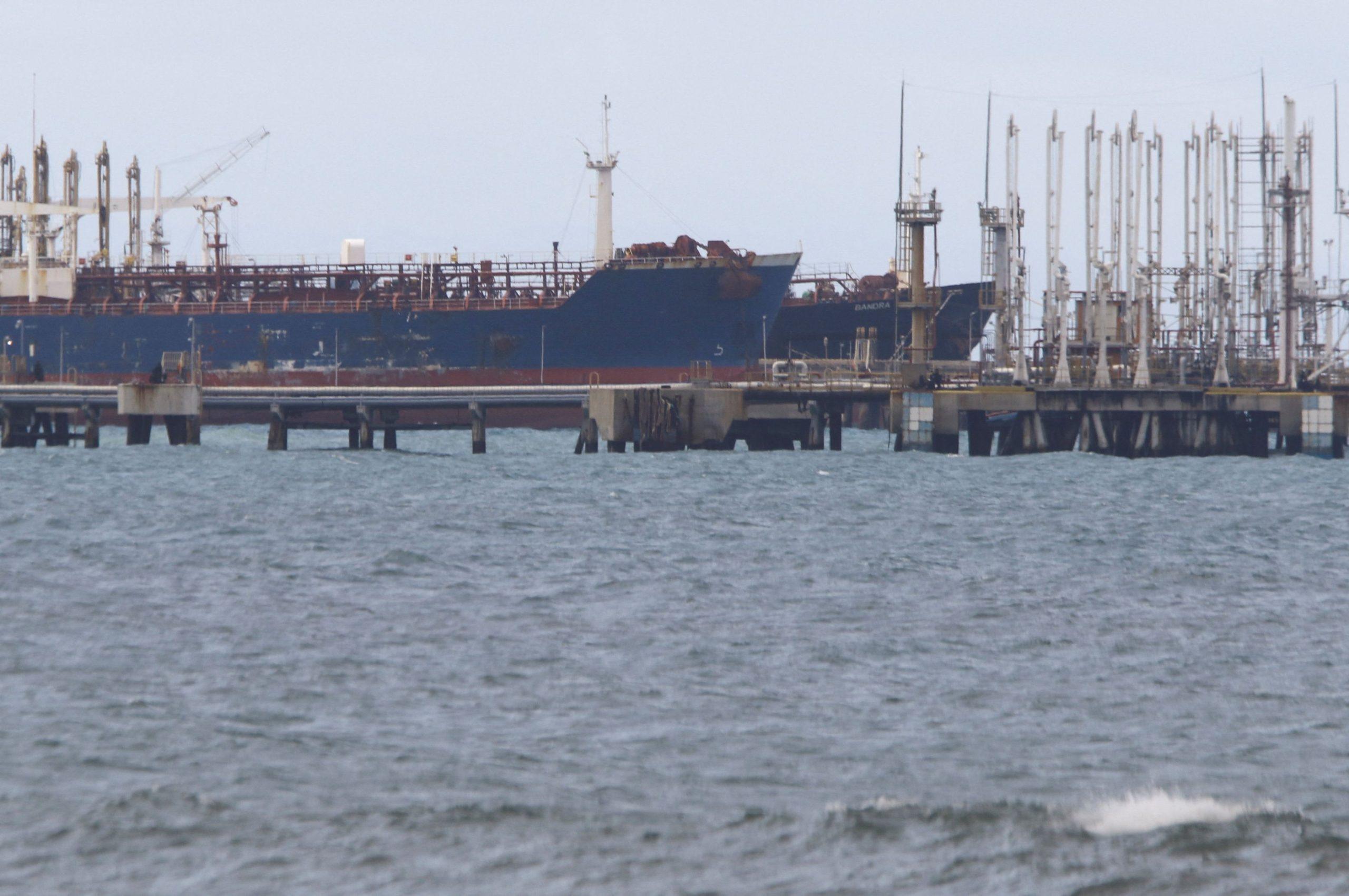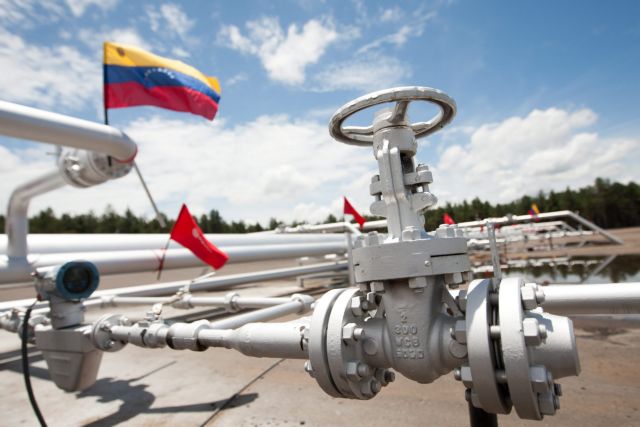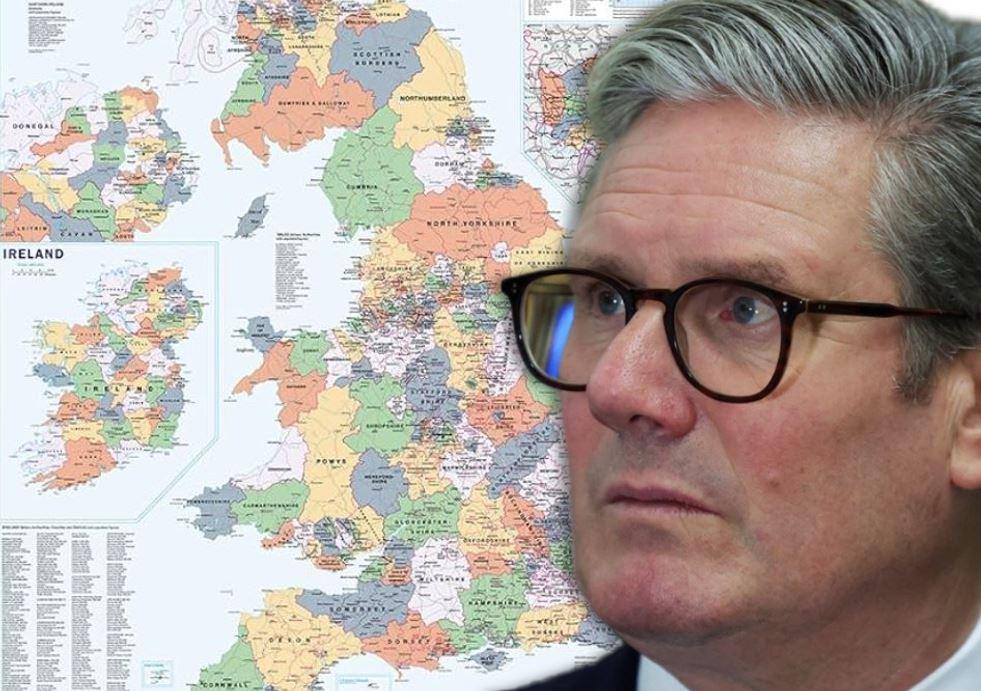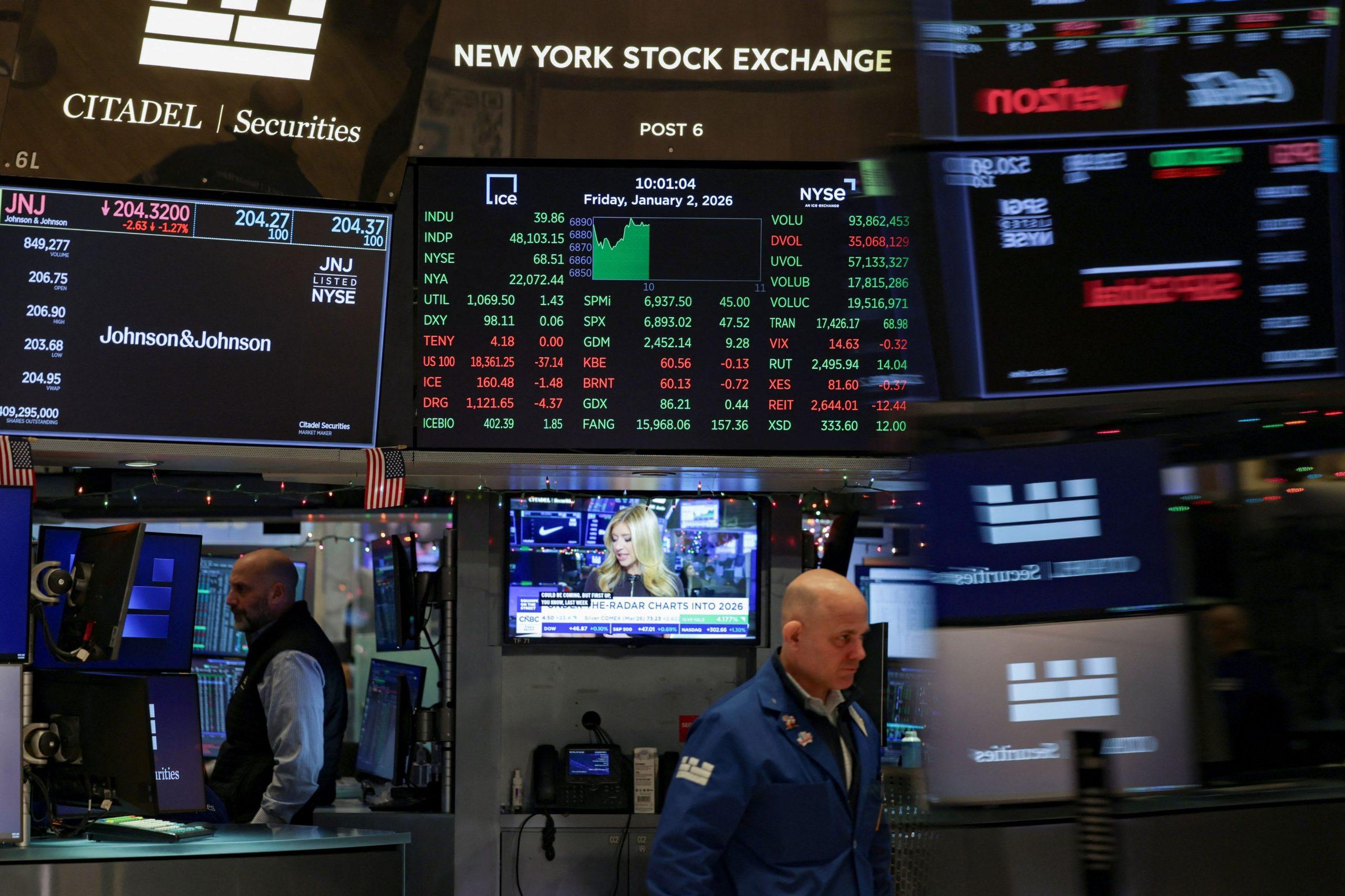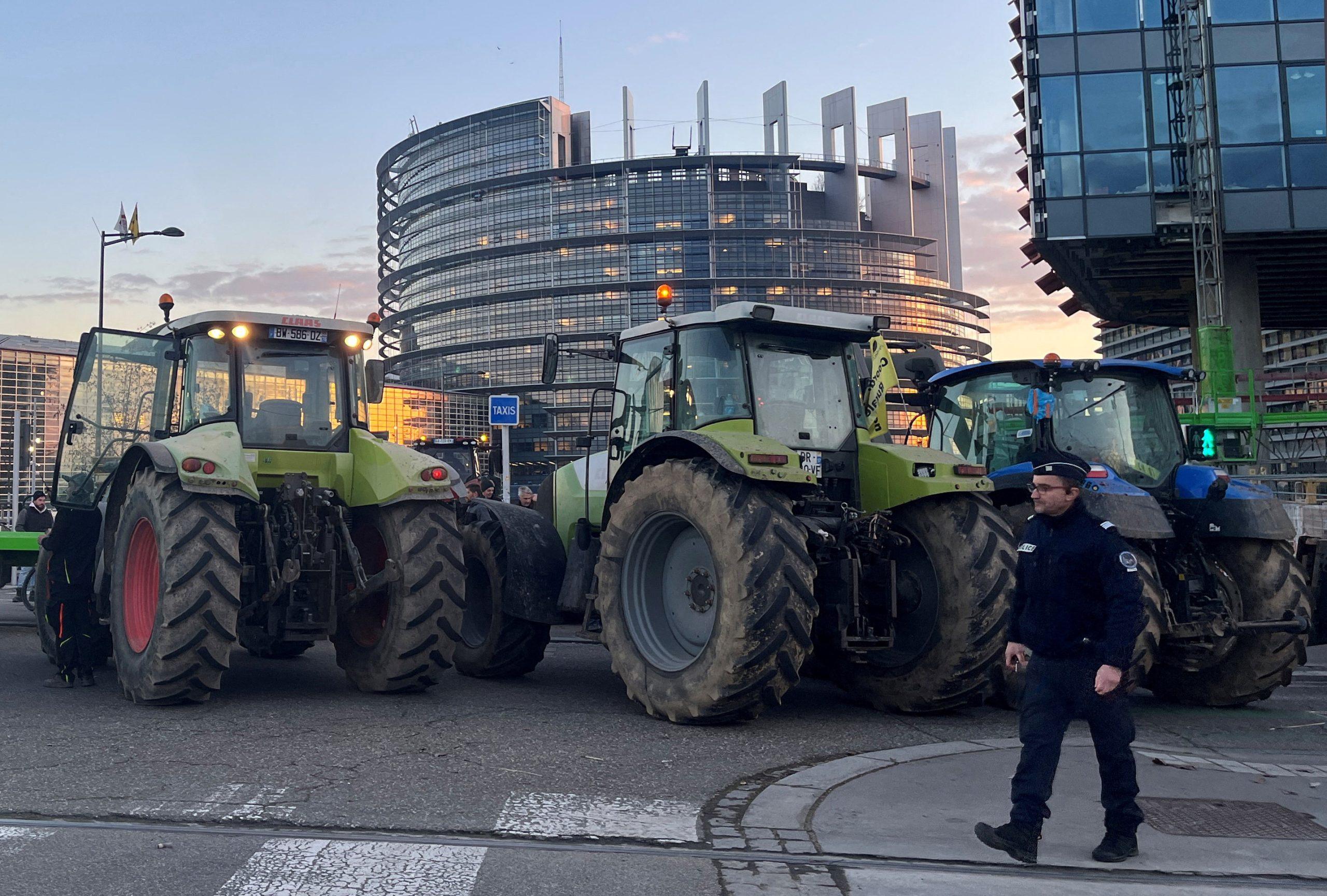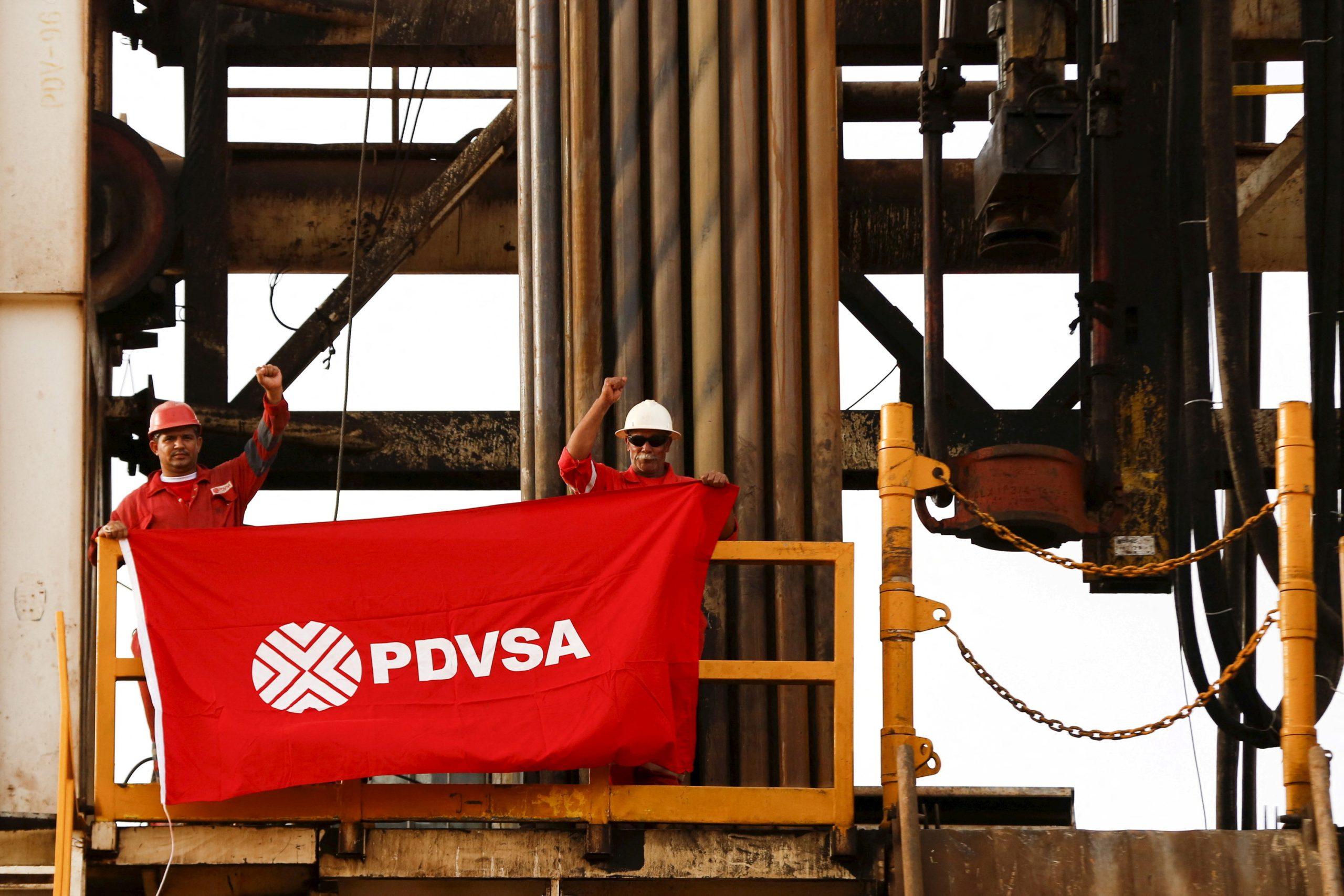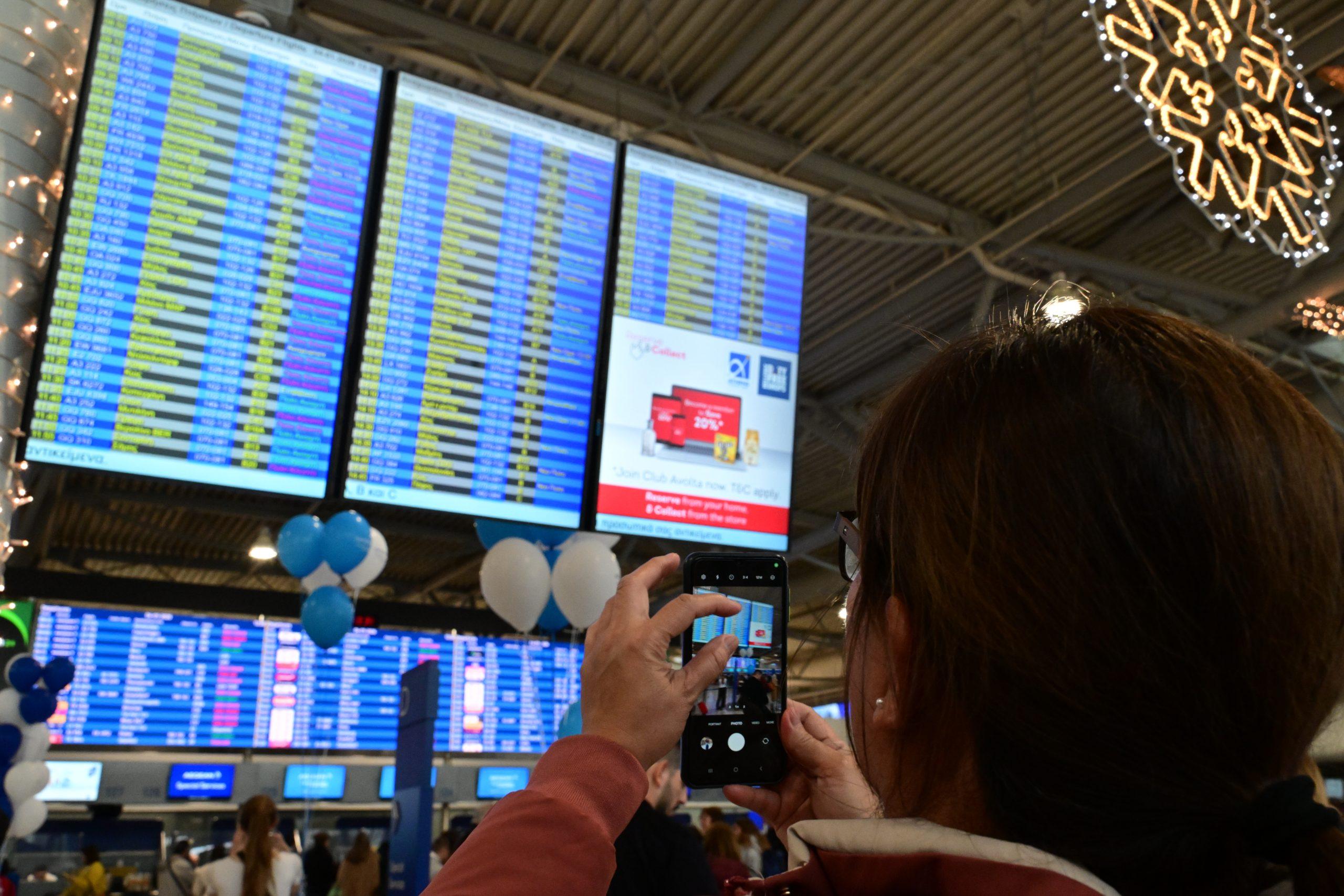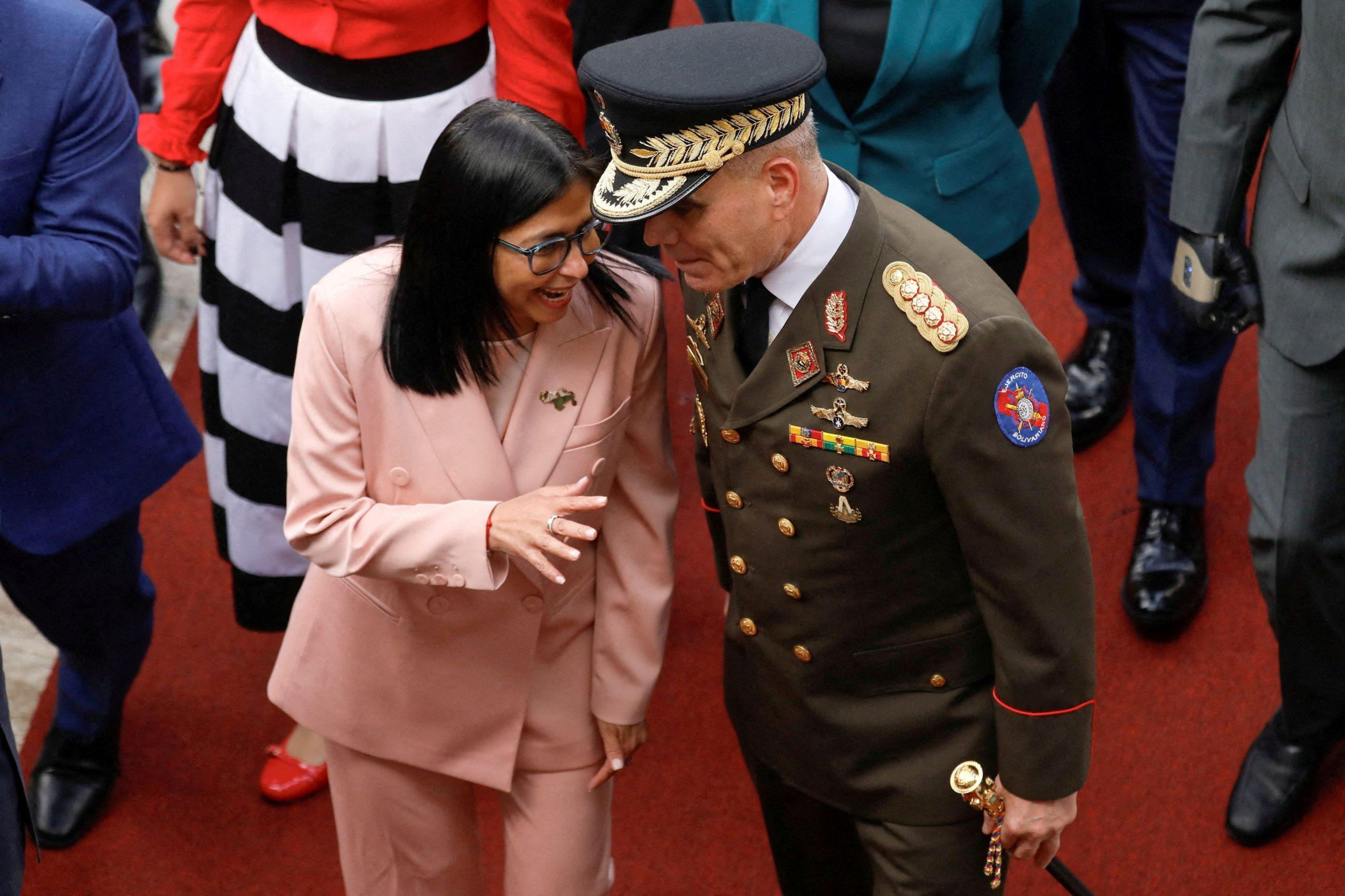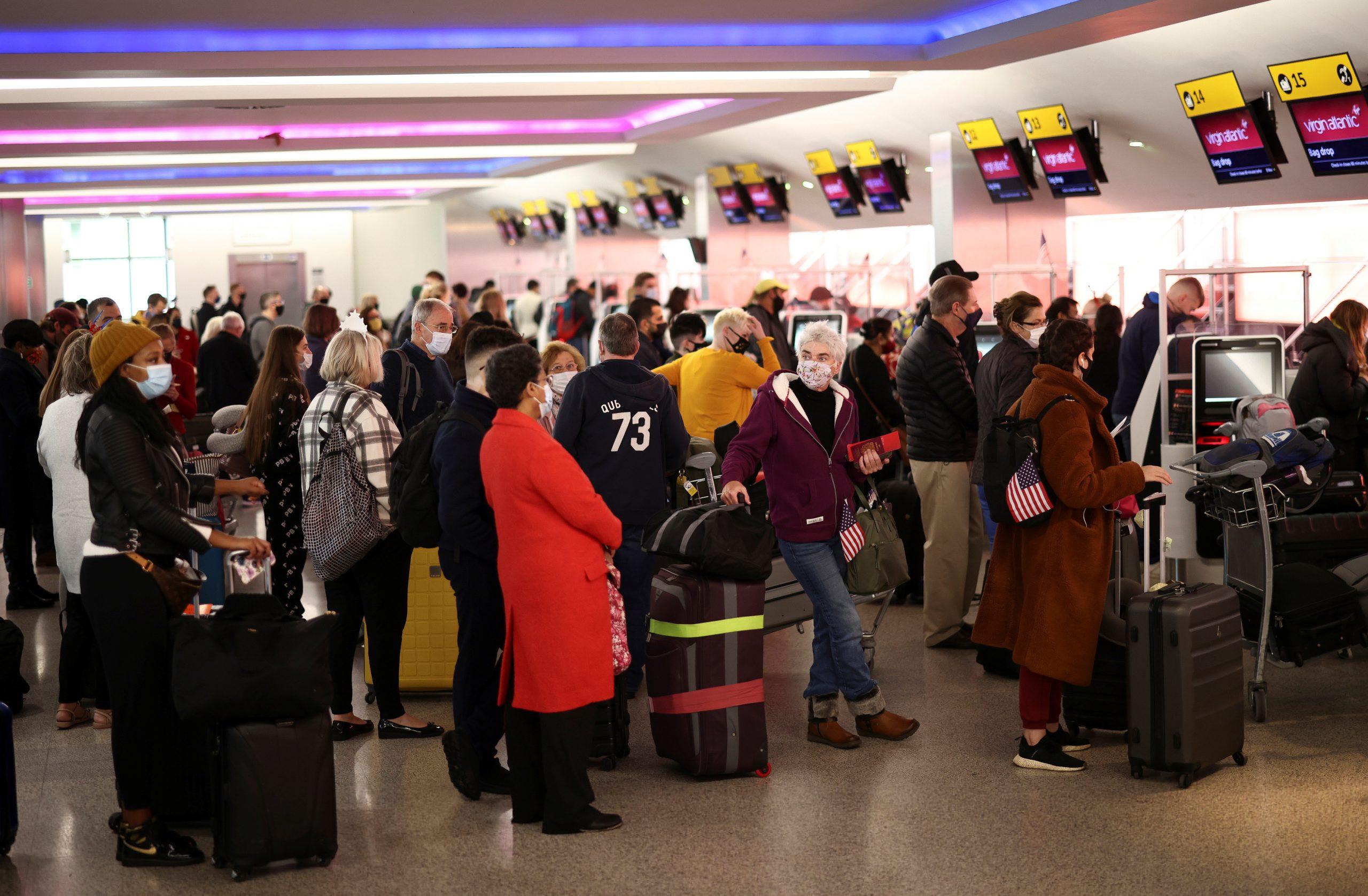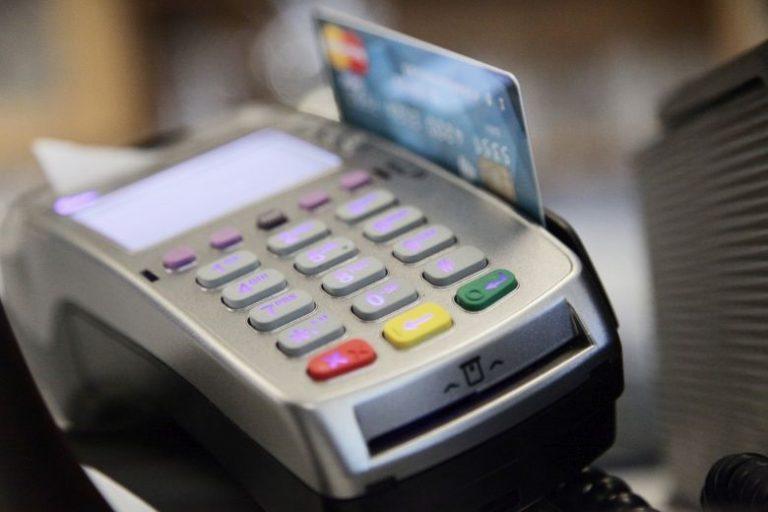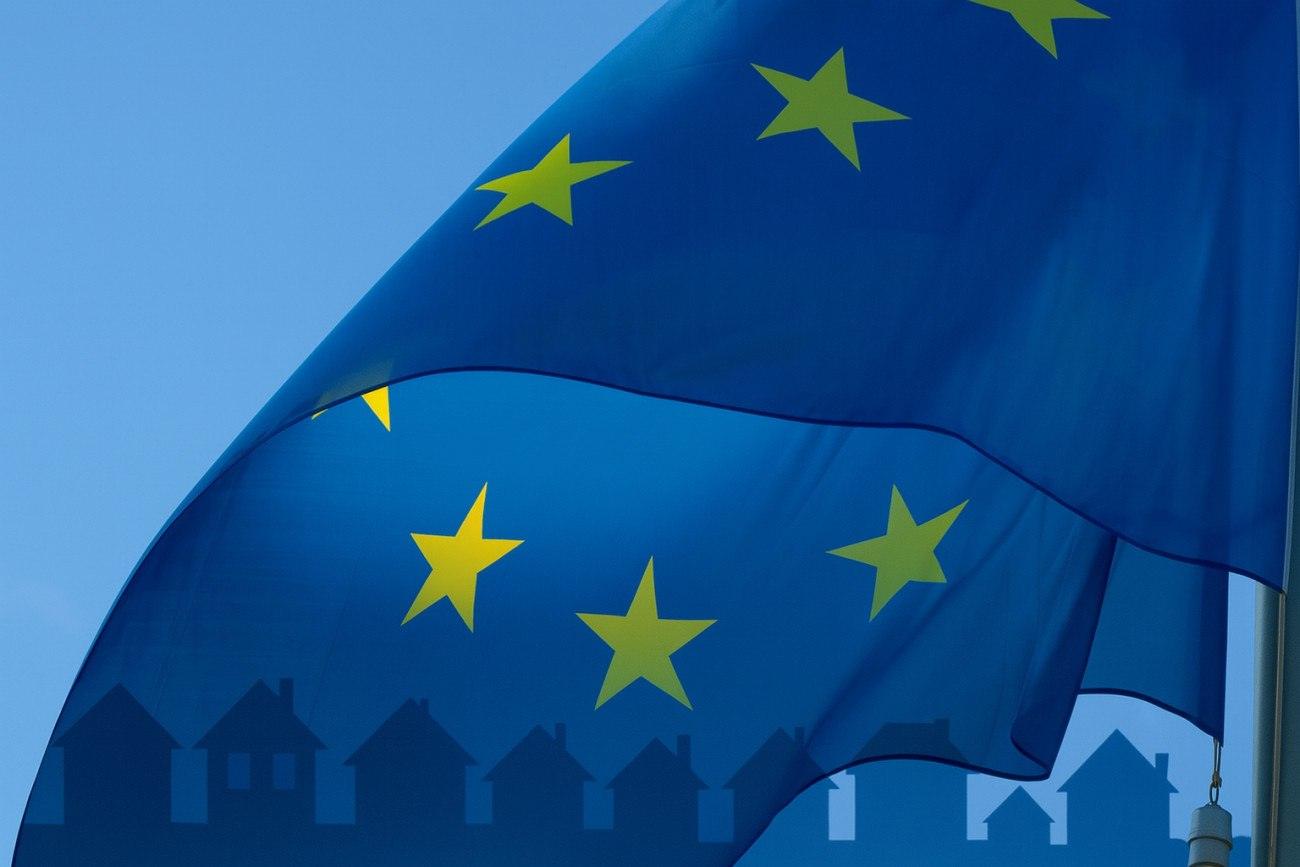After the quarantine, the great anxiety for tourism was whether it would manage to achieve 50% of the performance of 2019. From the middle of the summer onwards, the anxiety had changed. It was about whether the infrastructure in the tourist areas will last or not.
In all popular areas, infrastructure has reached its limits. In some, even in tourism “flagships” such as Mykonos, they overcame them. Sewerage networks became clogged. Water for each use was depleted. Power consumption broke every record. Roads to beaches were flooded with cars. The parking lots in the tourist areas proved to be extremely small for the volume of visitors. Coastal ships and ports were unsuitable to bear the burden of a – compared to 2019 – mediocre year. Mostly the country’s state infrastructure seemed too weak to keep up with the huge private sector investments. Greek and foreign tourists came out of the well-preserved accommodation for a walk, a swim, a meal and were faced with incredible tribulations.
The “mystery” was that all this was happening despite the fact that the size of tourism this year was lower than that of 2019. Making a reduction with the pre-COVID sizes, one would reasonably wonder what would have happened if we had done better. If we had a normal year. Others would say that the cause of the phenomenon is the sudden and massive “letting off steam” of the Greeks. But again this does not fully explain it.
A 2013 study by McKinsey on behalf of SETE predicted an 8-year increase in arrivals to 24 million tourists and revenue to 19 billion euros. The first goal was achieved in 2019, the second we never managed to reach, as every year the number of tourists increased, but the per capita tourist expenditure decreased. More were coming, each spending less each year. The danger of the massification of tourism was becoming a reality. The rich turned their backs on us.
The 2013 study set an important condition for attracting “fat wallets”: the implementation of investments of 3.3 billion euros per year, for the creation of new state (marinas, roads, etc.) and private infrastructure (hotels, etc.). In retrospect we can say with confidence that a large part of private investment (mainly in new hotel units) has become a reality. On the contrary, only a small part of the state investments in infrastructure were realized.
As a result, in the first year that due to the current situation the trend changed and wealthy tourists – certainly of a higher income level than in the past – chose Greece for holidays, the problem “emerged”. You see, affluent tourists do not flock in groups to a place like mass tourism customers do. They do not want to spend all day in the pool of the hotel they booked, but they visit many different places. They eat in restaurants, even expensive ones, and avoid the cheap all inclusive packages inside the hotels.
The season that ends in a few weeks showed that the customers of Greek tourism have changed, at least for this year. The ones we have been aiming for for a decade have come and we have proved to be unprepared. Now is the time for decisions. If we want the tourists of 2021, then we will have to invest in a large-scale renewal of infrastructure. Otherwise, the recovery will find us again with “cheap” mass tourism.
